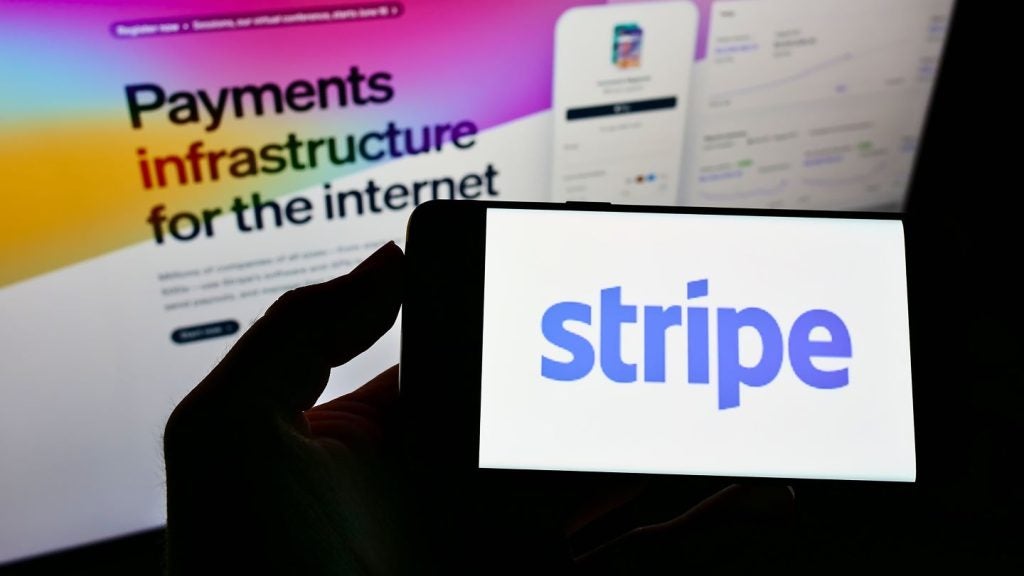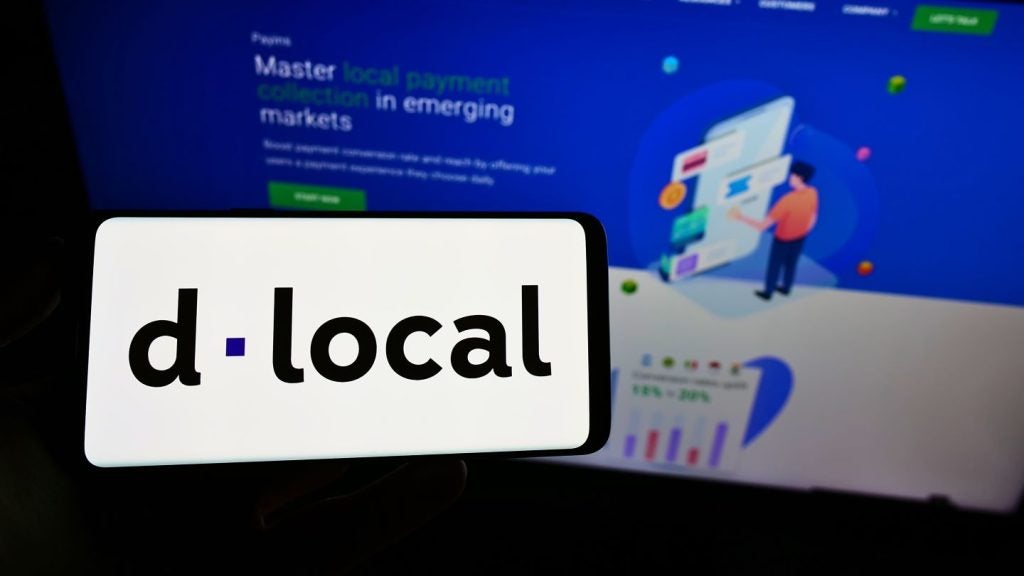affair dominated by a single player, the US credit scoring industry
has seen a variety of new entrants as providers of credit scores
work more closely than ever with consumers to provide new products
and services. Charles Davis reports.
Fair Isaac’s FICO score, that unassailable monument to
creditworthiness, is facing greater competition from new entrants,
including more flexible approaches that use real-time payment
records on utility bills, rental units and even payday loans to
assess the ability of consumers once shut out of the credit
system.
The credit scoring giant has even developed a new score of its
own, the FICO Expansion score, aimed at consumers lacking enough
credit history to produce a fully fledged FICO score. Along with
other players in this rapidly expanding market, Fair Isaac hopes to
attract lenders eager to expand their customer base.
No access to credit
An estimated 50 million US consumers are locked out of access to
credit because they lack the credit history needed to generate a
qualifying FICO score. The FICO score estimates the consumer’s
ability to repay based on past credit history as detailed in
traditional credit reports. More than 75 percent of residential
mortgage loans are decided every year using Fair Isaac’s FICO
credit scores. Measured on a range of 300 to 850 points, FICO
measures the likelihood that a borrower can pay back a loan. The
higher the score, the less risk the borrower poses.
Craig Focardi, an analyst at global consultancy TowerGroup, said
that credit scoring – once strictly a business-to-business offering
– has become increasingly a direct-to-consumer model.

US Tariffs are shifting - will you react or anticipate?
Don’t let policy changes catch you off guard. Stay proactive with real-time data and expert analysis.
By GlobalData“There has been relatively low adoption of these more innovative
models, but everyone is in need of improved credit rate analytics,
particularly in the many emerging credit markets where there is
just not as much data,” Focardi said. “Defaults plague the credit
industries, and finding that good bottom-market growth is more
important than ever as the top-line growth slows. It’s somewhat
analogous to a car manufacturer retooling for a new auto line –
it’s painful, but inevitable, if you want to grow.”
Over the past few years, the traditional consumer credit
reporting and credit scoring market has been evolving with the
development of the consumer-direct customer segment (consumers
purchasing their own credit reports and scores). Alternatives have
been introduced, such as the VantageScore, the new credit-scoring
system developed and marketed by Equifax,
Experian
and TransUnion, the US’s three top credit reporting agencies; the
Anthem Score from First American Credco, another credit reporting
agency; and the FICO Expansion Score itself.
FICO’s stiffest challenge comes from VantageScore. Fair Isaac is
suing the three agencies, claiming VantageScore violates antitrust
laws. By jointly offering VantageScore, the agencies are in the
position to shut out FICO and other competitors from the
credit-scoring market, according to papers filed in US District
Court in Minneapolis.
Credit stratification key to growth
TowerGroup estimates that the consumer-direct customer segment
for credit reporting and scoring products will grow 39 percent
between 2001 and 2010. This represents a larger growth opportunity
than the traditional lender credit score market.
Focardi said that while the US credit scoring market is well
established in terms of product acceptance, loan processing
efficiency and decisioning speed, lenders increasingly require
better stratification of consumer credit risk than current scoring
provides. More nuanced credit stratification is of particular
concern as financial institutions increasingly target underbanked
and unbanked consumer segments, and grapple with skyrocketing
defaults and losses in the subprime lending sector.
“Credit scoring is a volume-based business, a scale experience,
and the revenue per report is not large, so these alternative
credit reports are expensive and the market may not support them,”
he said. “The credit scoring models that are emerging will have to
price differently to succeed, because the market is just not as
large on that end of the scale.”
Focardi said that in addition to FICO Expansion and Vantage,
there are a couple of other alternatives worth watching.
Payment Reporting Builds Credit (PRBC), for example, is a recent
addition to the credit scoring market that turns the traditional
credit scoring model on its head, offering consumers the chance to
proactively build a credit profile through tracking their payment
history in such areas as rent, private mortgages, phone, utility,
insurance premiums and child-care payments.
Consumers can sign up through PRBC’s partner AccountNow, which
is a stored value card provider, and arrange to have their bills
paid through this service. All payments will automatically be
forwarded to PRBC and included in the consumer’s credit
profile.
Anthem, developed by First American Credco, processes and
distributes credit information on consumers. The Anthem score is a
two-tiered score: the first score comes from First American’s
non-traditional credit report, the second is a numerical risk
assessment score. Scoring is based on a consumer’s history of
paying rent, utilities, insurance and child-care. In building the
risk score, Anthem takes into account how long a consumer has been
paying bills in a timely fashion as well as what types of credit
the consumer is using.
Finally, there is the eFunds Debit Report. eFunds, the parent
company of the ChexSystem banking clearing house, provides lenders
with an overview of a consumer’s cheque writing history, cheque
order history, account opening inquiries, deposit account
collections and any accounts closed for fraud or abuse.
Diverse markets
These new forms of credit scoring represent an attempt to
develop scores that reflect the diverse credit markets in the US,
and allow consumers to prove to lenders that they are a good credit
risk. Focardi said that the credit scoring business has no choice
but to work more closely with consumers.
“It’s really a customer service issue – it ought to be viewed as
non-responsiveness when they make it difficult for consumers to
work within the credit scoring system, because lenders are no
longer their main customer,” Focardi said. “They are increasingly a
direct-to-consumer business, and they are doing more
direct-to-consumer marketing than ever before.”







